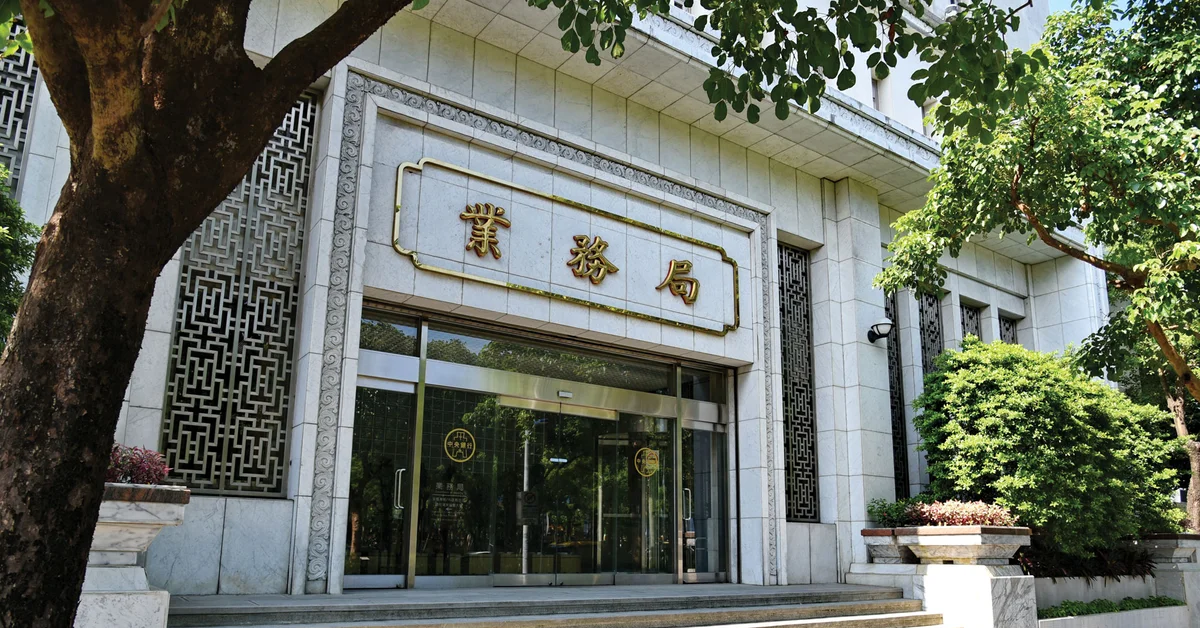Taiwan Central Bank Chief Links Rate Cut to Inflation Control
On Thursday, Taiwan’s central bank governor highlighted that inflation remains the crucial determinant in the potential decision to adjust interest rates at the upcoming meeting next week. During a session with legislators in parliament, Governor Yang Chin-long noted that Taiwan’s current interest rates are at their peak in over 15 years.
Governor Yang acknowledged the growing expectations for the U.S. Federal Reserve to reduce its rates by September. However, he emphasized that Taiwan’s economic circumstances differ from the U.S., indicating that any decision by Taiwan’s central bank to alter interest rates would not necessarily mirror the Fed’s actions. He stated that the decision to adjust rates in Taiwan hinges entirely on the domestic inflation scenario, which currently does not align directly with U.S. rates.
Despite not committing to a rate cut, Governor Yang suggested that another rate hike might be off the table for now. He reflected on the market’s reaction to the unexpected rate increase in March, pointing out that frequent surprises regarding rate adjustments are not desirable.
In economic data, Taiwan’s consumer price index (CPI) for April recorded a year-on-year increase of 1.95 percent, which was below the expectations of analysts. This has led the government to report a mild easing in inflation levels. This comes after the central bank, in a move that caught markets off guard in March, increased its policy rate to 2 percent from 1.875 percent. This decision was influenced by ongoing inflationary pressures and an impending rise in electricity prices.
The next rate-setting meeting of the central bank is scheduled for June 13. The economic context for this meeting is shaped by recent statistics indicating that Taiwan’s economy is poised for faster growth in 2024. This optimistic forecast is supported by robust international demand for artificial intelligence (AI) applications and strong domestic consumption. These factors will play a significant role in the central bank’s deliberations on whether to adjust interest rates, balancing the need to manage inflation while supporting economic growth.












